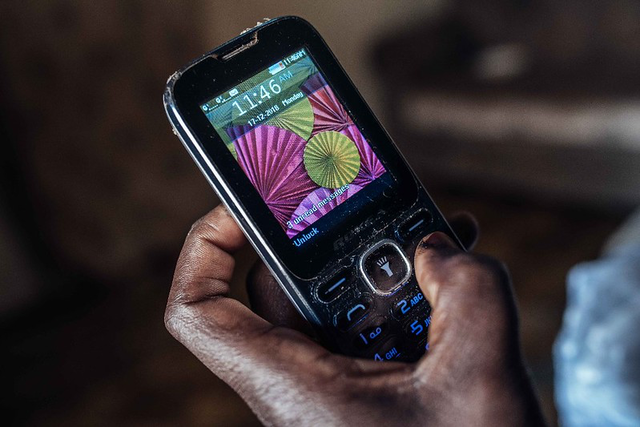How can mobile phones help poor people?
Mobile phones can be used in ICT4D (Information and Communication Technologies for Development) to help poor people.
Mobile phones can be a powerful tool for promoting development and improving the lives of people in developing countries, by providing access to information, opportunities, and services. For example:
- Healthcare: Mobile phones can be used to access health information and services, including telemedicine and other remote healthcare services. This can help to improve access to healthcare, especially for people in remote or underserved areas.
- Education: Mobile phones can be used to access educational resources, including online courses, educational videos, and other materials. This can help to improve the quality of education and expand opportunities for learning.
- Employment: Mobile phones can be used to find and apply for jobs, as well as connect with potential employers and clients. They can also be used to start and run businesses, providing a source of income and economic opportunities.
- Communication: Mobile phones can be used to stay connected with friends and family, and to access news and information from around the world. They can also facilitate the exchange of ideas and facilitate collaboration with others.
- Political participation: Mobile phones can provide a platform for people to engage in political discourse and participate in the democratic process, helping to promote transparency and accountability in governance.
The Bi-Weekly ICT4D Retrospective: Important Links for February 15 – 28, 2012
High Tech Innovation in Africa:
My last couple of “bi-weekly links” posts have featured African innovation and hardware creation. It’s been noted...
FM Radio is mAgriculture to Small-Scale African Farmers
I am a big fan of FM radio. From my days at IESC Geekcorps, I saw how this “old” technology was still impressive in its reach, cost-effectiveness,...
Avoiding the Digital Divide Hype in Using Mobile Phones for Development
To all of you digital divide warriors out there – nice work. With over 483 million mobile phone subscriptions in low-income countries – an estimated 44.9%...
Are Mobile Phones and mLearning Failing in Education?
Recently, Tim Unwin was featured in the lengthy article, “Are mobiles failing the world of education?” The reporter noted that specialists are having...
Where are the Mobile Operators in Mobiles for Development Projects?
Steve Song recently wrote a great post on 3 reasons why M4D may be bad for Development where he says that:
Mobile operators have entrenched themselves with development...
What did Vodafone and the UN Learn from Working Together?
Recently leaders from the United Nations Foundation (UNF) and Vodafone Foundation gathered at the Center for Strategic and International Studies in Washington,...
ICTworks Profile of Esoko: Bringing the Market to Africa’s Fingertips
It was a normal day by Accra standards. I walked out of the house ready to make my way to the center of town for an interview with a homegrown tech company; Esoko....
Technology gets rid of dictators, but not social classes
Since the Arab Spring uprisings, human rights activists worldwide have championed the power of technology, mainly the Internet and mobile phones, as tools for democracy...
Are inexpensive smartphones the future of ICT4D?
I am Andrew J. Dupree, and nine months ago, I found myself in the same state as many other nights in my life as a computer engineering student – staring at my...
Four Obvious Yet Completely Wrong Assumptions About Technology Use in the Developing World
I am Patrick Meier and I’ve spent the past week at the iLab in Liberia and got what I came for: an updated reality check on the limitations of technology adoption...






